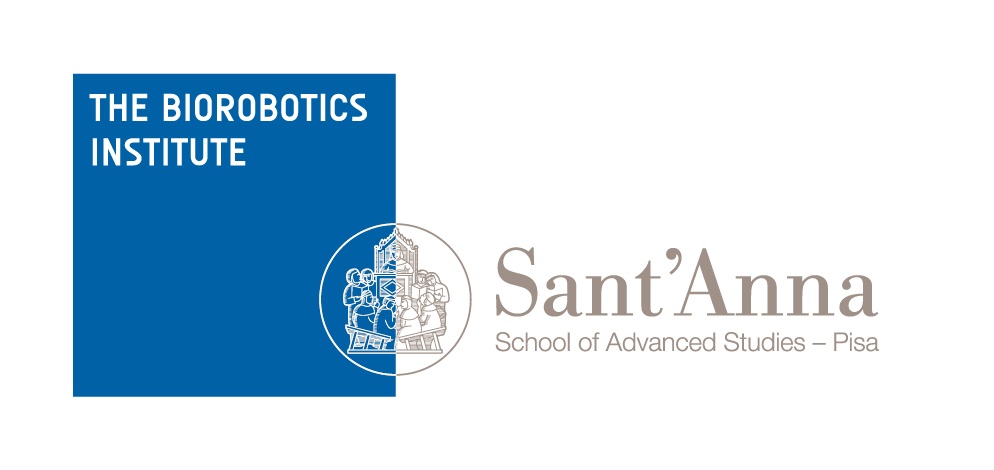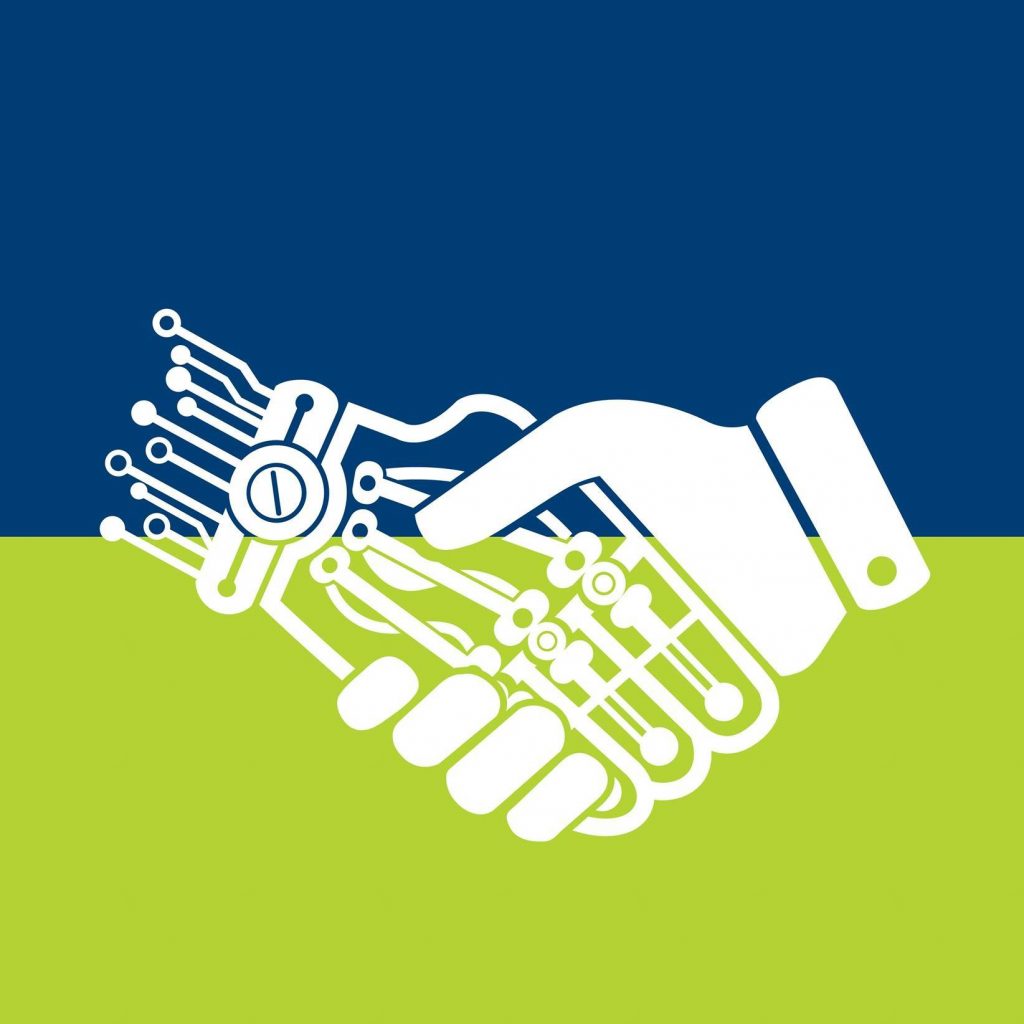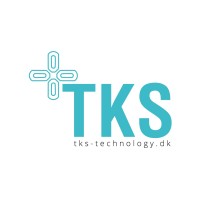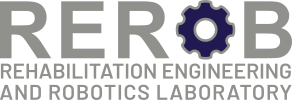
Our Mission:

Aim
The work in the Laboratory integrates the knowledge from biological control methods and rehabilitation with the most advanced engineering, robotics, and computer techniques with the goal of designing rehabilitative, assistive, robotic, and therapeutic technologies for individuals with sensory-motor disabilities.

The research in the Laboratory encompasses human and clinical experimentation in the design and implementation of bio-interface and control technologies for robotics and assistive devices, such as Tongue-based control of assistive robotic arms and exoskeletons, brain-based control of lower limb exoskeletons and brain, myo- and tongue hybrid robotic interfaces. Further, the research focuses on the system design of novel robotic devices such as bio-controlled and bio-inspired soft-exoskeletons and myoelectric and multimodal control of prosthetics and assistive robotics.
The Laboratory has currently several projects in the domain of advanced robotics, bio-exoskeletons, human-machine interfacing, semi-automation, and virtual reality in rehabilitation with an emphasis on neurorehabilitation. Further, the Laboratory investigates the application of Bio-mechanics and Bio-Mechanic modeling in the design of exoskeletons specifically targeting individuals with disabilities, and how robotics can improve sports activities for severely disabled individuals, e.g. facilitation of drone sports for individuals with tetraplegia.

Further, the work includes collaboration with users, clinicians, industry, and the assessment of the use of such robotic technologies in rehabilitation, e.g. studies of neuroplasticity induced by lower limb exoskeletons.
In the laboratory, several robotic devices and bio-interfaces are available such as the JACO2 robot from Kinova Robotics, the SMART HAND, Myo-electric prosthesis a powered wheelchair, Carbon glove/SEM glove, BCI recording equipment, EMG recording equipment, Cameras, etc. for computer vision, Virtual Reality equipment, the iTongue and exoskeletons designed in the related EXOTIC lab.
What is new?
Projects:
EXOTIC
Some description of EXOTIC
EXOTIC2
Some description of EXOTIC2
ROBERT-SAS
Some description of ROBERT-SAS
MultiRob
Some description of MultiRob
HyperHand
Some description of HyperHand
iTooBot
Some description of iTooBot
Emotivo
Some description of Emotivo
RAU
Some description of RAU
SenseEXO
Some description of SenseEXO
People in the lab
VISITING

2020 Kirstina Beatrice Persson Vestersøe, from DTU- Technical University of Denmark.
Internship: A hybrid soft/rigid forearm exoskeleton.

2020 Ana Sofia Santos Cardoso, ERASMUS student from Universidade do Porto, Protugal.
Internship: BCI based control of assistive robotic arms

2019 Arthur Camouseigt, ERASMUS student from École Nationale Supérieure de Techniques Avancées (ENSTA ParisTech), France.
Internship: Advanced tongue based drone control for individual with tetraplegia.

2019 Enric Casanova, ERASMUS student from Université Paris Descartes – Faculté des Sciences Fondamentales et Biomédicales, France.
Internship, Master thesis project: The effect of a reduced range of shoulder abduction on the wrist kinematics – a design parameter for under-actuated arm exoskeletons.

2018 Salheddine Ayad, Visiting Ph.D. student from University of Sidi-Bel-Abbes, Algeria.
Internship: 3D Interactive Robotic Rehabilitation System
KEY COLLABORATORS
Participation in major research projects

- H2020 Eurostars project: ROBERT-SAS: sEMG triggered FES-Hybrid Robotic Lower Limb Neuro-Rehabilitation System
- FTP Grant: MultiRob poject: Multimodal control of assistive robotic arms for severely disabled individuals
- EXOTIC: EXO with Tongue based Intelligent Control, Strategic Interdisciplinary project at Aalborg University
- SMARTHAND: The Smart Bio-adaptive Hand Prosthesis,
NMP4-CT-2006-0033423 (FP6 Strep project);
Project coordinator name: Prof. Thomas Laurell, Lunds Universitet, Lund, Sweden;
Project duration: 3 years (2006-2009)
